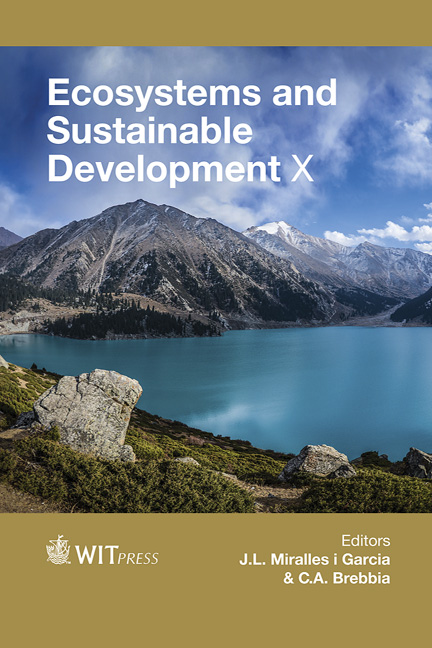Effects Of The Brazilian Biodiesel Certification In The Relationship Between The Biodiesel Industry And Small-scale Farmers
Price
Free (open access)
Transaction
Volume
192
Pages
11
Page Range
285 - 295
Published
2015
Size
511 kb
Paper DOI
10.2495/ECO150261
Copyright
WIT Press
Author(s)
G. Marcossi, D. Ortiz, O. Moreno
Abstract
The production of biodiesel in Brazil is encouraged by the government through the Fuel Stamp, a certification system linked to the National Plan for Production and Use of Biodiesel – PNPB – aimed at promoting economic and sustainable development. It focuses on social inclusion, also intending to reduce dependence on fossil fuels and emission of pollutants and diversify the energetic matrix through the use of different oil sources as raw material. Certification – and with it a number of tax benefits – are granted to industrial processors that are supplied with raw materials coming from small-scale farms. Thus, it facilitates the access of the family farms in this value chain. The objective of this work is to analyze the effects of this system of certification in the transactions between its main agents, farmers and processing industries. For this purpose, the work makes a revision of the studies that national public agencies have elaborated on regional cases and also scientific publications. Results show that this measure allowed the insertion of family farmers in the production chain and enabled the sustainable rural development. However, it presents gaps as the occurrence of failures in the fulfilment of contracts between family farmers and the industry. Moreover, in spite of being crop diversification, one of the objectives of the certification system, the preference of the industry for soy as raw material – because of technological reasons – is displacing traditional regional crops (for example palm and castor oil).
Keywords
biodiesel production, small-scale farms, Brazilian agriculture, Social Fuel Seal, rural development





